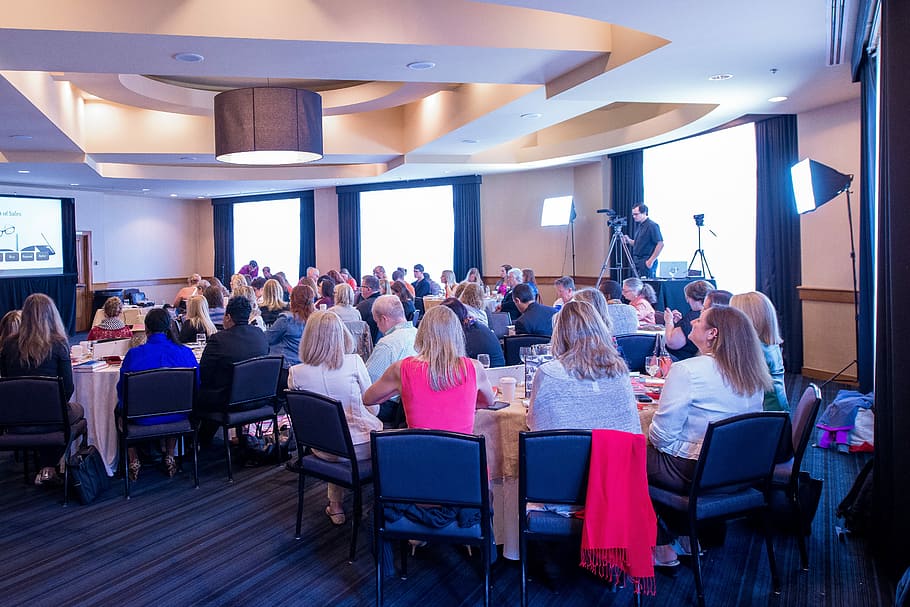Marketing an event successfully requires more than just spreading the word. It involves strategic planning and execution to ensure you attract the right audience and create buzz around your event. Here are nine effective event marketing strategies that can help you achieve your goals.
1. Identify Your Target Audience
The first step in any marketing strategy is to clearly define your target audience. Determine who you want to attend your event based on demographics, interests, and behaviors. Understanding your audience will help you tailor your marketing messages and choose the most effective channels to reach them.
2. Develop a Strong Event Brand
Creating a strong, recognizable brand for your event is crucial. This includes designing a memorable logo, choosing a consistent color scheme, and developing a clear and compelling tagline. Your event brand should be reflected in all your marketing materials to create a cohesive and professional look.
3. Create an Informative Event Website
Your event website is the hub of your marketing efforts. Make sure it is visually appealing, easy to navigate, and contains all the necessary information about your event. Include details such as the schedule, speaker bios, venue information, and registration options. Use clear calls-to-action (CTAs) to encourage visitors to sign up or learn more.
4. Leverage Social Media Platforms
Social media is a powerful tool for event marketing. Create event pages on platforms like Facebook, LinkedIn, and Instagram. Use these pages to share updates, engage with your audience, and build excitement. Post regularly and use event-specific hashtags to increase visibility and encourage attendees to share their experiences.
5. Implement Email Marketing Campaigns
Email marketing is an effective way to reach your target audience directly. Build an email list of past attendees, industry contacts, and interested individuals. Send out regular updates, special offers, and exclusive content to keep your audience informed and engaged. Personalize your emails to make recipients feel valued.
6. Collaborate with Influencers and Partners
Partnering with industry influencers and organizations can significantly boost your event’s visibility. Identify key influencers in your field and invite them to participate in your event as speakers, panelists, or special guests. Their endorsement and promotion can help you reach a wider audience and add credibility to your event.
7. Offer Incentives for Early Registration
Offering incentives for early registration can create a sense of urgency and encourage people to sign up sooner. These incentives could include discounts, exclusive content, or special perks at the event. Promote these offers through your website, social media, and email campaigns to drive early registrations.
8. Create Engaging and Shareable Content
High-quality content can capture your audience’s attention and generate interest in your event. This can include blog posts, video teasers, interviews with speakers, and behind-the-scenes looks at event preparation. Share this content across your marketing channels to build anticipation and encourage attendees to share it with their networks.
9. Utilize Paid Advertising
Paid advertising can help you reach a broader audience and drive more registrations. Use platforms like Google Ads, Facebook Ads, and LinkedIn Ads to target specific demographics and promote your event. Monitor the performance of your ads and adjust your strategy to ensure you’re getting the best return on investment.
Final Thoughts
Effective event marketing requires a mix of well-planned strategies tailored to your audience and event goals. By identifying your target audience, developing a strong event brand, leveraging digital marketing tools, and creating engaging content, you can attract the right attendees and ensure your event is a success. Regularly track your marketing efforts, make necessary adjustments, and stay engaged with your audience to maximize your event’s impact.

